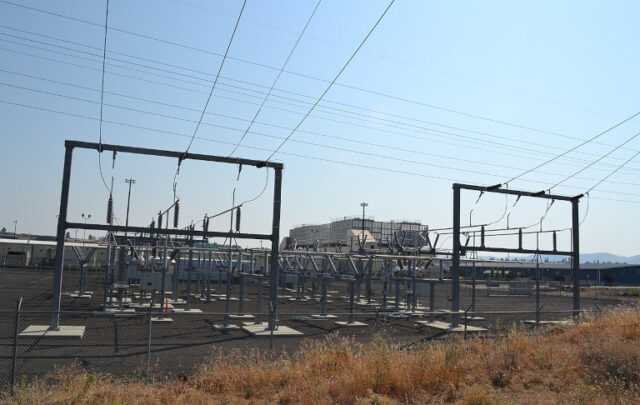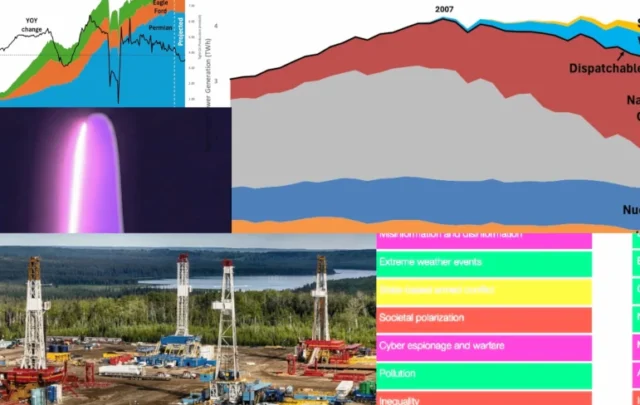The Spring 2013 Semester has just ended and I am beginning to see light in the tunnel. So I can restart writing my long-neglected blog. Many things have happened in the four months since my last entry: Thousands upon thousands of innocent people have died in wars and ethnic/religious strife. Most of these wars have as background access to oil, gas, and drinking or irrigation water. More narrowly, Shell decided not to go back to the Arctic in 2013, and Statoil and ConocoPhillips are waiting on Shell to go to the Arctic. According to mass media, the world is awash in liquid hydrocarbons everywhere. Or is it? The question I have been asking myself repeatedly is: How do I explain things to people who in general are not interested in learning and understanding the things I am trying to explain?
I just checked Google to find out about "peak oil." Google reported that 58 million people posted something with this phrase. Then I googled the "peak oil myth." Among the mere one million entries, the most popular one was "Energy Independence and the Myth of Peak Oil," published on Nov 12th, 2012, by Louis Basenese, Chief Investment Strategist for The Wall Street Daily, and a Wall Street consultant and analyst. His blog was published under this auspicious heading: "In the world of liars the truth starts here."
If you can see through tears of despair, please try to read this gem of ignorance and nonchalant arrogance, summarized so well by Professor Harry Frankfurt in his brilliant book, On Bullshit. When you read the latter concise and funny philosophical treatise, you will learn how a bullshitter has a casual relationship with truth; sometimes what he says is true and often it is not, but no one knows which one is which and when.
Here is a typical example:
We have a career theorist (i.e. – a research geologist) to blame for Peak Oil. So we shouldn’t be surprised if reality doesn’t match his theory. His name is Marion King Hubbert. In the mid 1950s, he developed a quantitative technique that could be used to predict the remaining supplies of any finite resource – and the time of ultimate depletion. And Hubbert used it to predict that oil production would peak by the early 1970s. Nice try, Nostradamus.
Thus, according to Mr. Basenese, Dr. M. King Hubbert, one of the top American scientists of all times, is a "career theorist" (note the populist anti-science tone of this phrase). Since no one needs to pay attention to what a career theorist says or writes, it apparently escaped Mr. Basenese that Dr. Hubbert correctly predicted in 1956 that the U.S. production would peak in the early 1970s. It did. And later, oil production peaked in the North Sea in Norway.
In addition, Dr. Hubbert predicted that the world production of petroleum would peak in the early 2000s. And it did too. (Petroleum is also called crude oil. It is the black, brown, yellow or greenish, gooey stuff that is not the thin, transparent condensate, nor ethanol, nor solid black tar) .
 |
| Condensate is not crude oil. Draining condensate from a tank shows how clear and fluid it is. The darker color is only a trick of reflecting light through the wet concrete. For more go here. |
 |
| This is a sample of a thick dark crude oil, not transparent thin condensate. |
Contrary to the first figure in Mr. Basenese’s blog, showing the global rate of production of total liquids in percent (sic!), and calling it "global oil production," the real rate of petroleum production has stalled since 2004. And for good reason: we are at the peak of global rate of crude oil production. For the distracted, here are the two important phrases: "global rate" and "crude oil."
At a risk of repeating myself, let me go again through how it works. So please listen up!
We will never run out of oil. In 1866 or so, William Stanley Jevons described the phenomenon of resource degradation and dilution as follows: "The expression "exhaustion of our coal mines," states the subject in the briefest form, but is sure to convey erroneous notions to those who do not reflect upon the long series of changes in our industrial condition which must result from the gradual deepening of our coal mines and the increased price of fuel. Many persons perhaps entertain a vague notion that some day our coal seams will be found emptied to the bottom, and swept clean like a coal-cellar. Our fires and furnaces, they think, will then be suddenly extinguished, and cold and darkness will be left to reign over a depopulated country. It is almost needless to say, however, that our mines are literally inexhaustible. We cannot get to the bottom of them; and though we may some day have to pay dear for fuel, it will never be positively wanting (The Coal Question: An Inquiry Concerning the Progress of the Nation and the Probable Exhaustion of Our Coal Mines, Macmillan & Co., London, 1866, Preface, pp. vi-vii). "
Now substitute the words "crude oil" for "coal" and "deposits" for "mines," and you will have a similarly true statement. The crude oil deposits are huge and we will never run out of them. Period. But then it gets more confusing. In an Atlantic Monthly piece, What If We Never Run Out of Oil? the author eloquently restates this Jevons’ thesis, while commingling gas hydrates and natural gas with crude oil.
Energy supplies are infinite. In the same Atlantic Monthly article we find this quote: “When will the world’s supply of oil be exhausted?” asked the MIT economist Morris Adelman, perhaps the most important exponent of this view [of inexhaustible resources, TWP] “The best one-word answer: never.” Effectively, energy supplies are infinite."
Was Hubbert wrong? So how does someone like me defend M. King Hubbert, when faced with such overwhelming evidence of the infinite nature of the Earth and her resources? First, let’s try to understand Jevons, who was not an MIT or Harvard economist. Jevons simply stated that there is always some coal seam somewhere in the world that could be mined in principle. He did not say anything about the rate and cost. Confusion that ensued is now self-evident truth in the minds of Mr. Adelman and many others.
So here is the dirty little secret of our civilization: It runs on power, or energy per unit time, not on energy. The scientifically illiterate English majors, economists and politicians, simply cannot comprehend the fundamental difference between a quantity (here energy) and its time derivative (here power). This is how skipping algebra and Calculus I terminally confused leaders of an otherwise advanced nation.
In other words, having one billion dollars in your checking account does not help you with purchasing a Rolls Royce with cash if your daily withdrawal limit is 100 dollars. The huge checking account is a metaphor for the oil deposits or global resource, and the ATM card you use to tap into this account is the oil wells and installations that produce this resource. I have explained this apparently difficult subject elsewhere and do not want to repeat myself yet again.
It is the rate, stupid. In summary, for the U.S. and the world, it doesn’t matter how huge a resource is, if it is used over one thousand years, drop-by-drop. We are interested in energy gushing at us at an incredibly high rate of 75 million barrels of crude oil per day. (One cubic mile of petroleum per year.)
This gigantic global rate of producing petroleum will not increase substantially from now on and – if anything – this rate has started declining. Hubbert was right because he was a genius scientist, who understood nature. The lay interpreters of Hubbert occasionally get his thinking wrong.
P.S. A MOOC on derivatives anyone?
To be clear, when I say "derivative," I mean that if y(t) is some nice, smooth function of time, t, its derivative, y'(t), is the limit as a time increment, delta t, goes to zero of the following expression:
I did not mean the trillions of dollars in imaginary bets on everything that are also called "derivatives."
P.S.P.S. More good news from Bloomberg about U.S. oil exports:
U.S. oil exports are poised to reach the highest level in 28 years as deliveries to Canada more than triple, helping bring down the price of the global benchmark Brent crude relative to U.S. grades. The shipments will rise to at least 200,000 barrels a day by the end of the year, according to Ed Morse, head of global commodities research at Citigroup Global Markets Inc. Exports were 59,600 in 2012 and haven’t averaged more than 200,000 since 1985.
Brent Pressured by U.S. Tripling Crude to Canada: Energy Markets, by Dan Murtaugh – May 10, 2013 11:03 AM CT
Not a word there about the almost 3 million barrels per day of oil imports from Canada. That’s 15 times more!
Here is what a factor of 15 means. Suppose that you run a comfortable mile in 10 minutes. Then in one hour you will cover 6 miles. That’s U.S. oil exports to Canada. Now suppose that I barrel down an empty highway at 90 miles per hour. That’s 15 times more, like U.S. oil imports from Canada. Would you want to run into me head-to-head on that freeway?
Rolls Royce image via Tungphoto / Shutterstock.com























